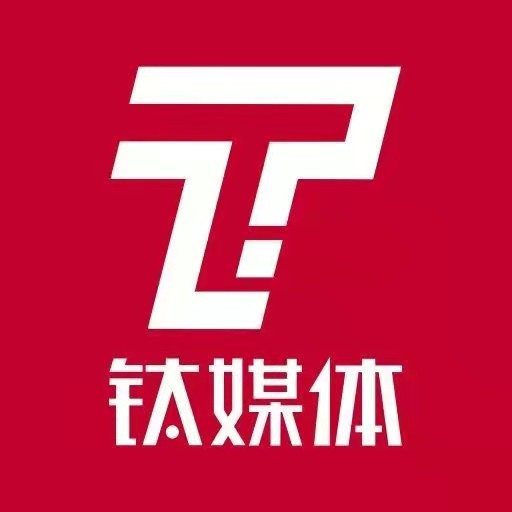
AsianFin -- Amid ongoing U.S. export restrictions on its H20 chips to China, reports have surfaced suggesting Nvidia is quietly pursuing a "Plan B" to preserve its CUDA ecosystem in the Chinese market.
This alleged strategy includes exploring a potential joint venture in China and even preparing to spin off its local operations.
In response, a Nvidia spokesperson responded: "There is no basis whatsoever for any of these claims. It is irresponsible to publish baseless claims and speculation as fact."
There is no basis whatsoever for any of these claims. It is irresponsible to publish baseless claims and speculation as fact.

In recent years, Nvidia has capitalized on transformative tech trends like the metaverse, cryptocurrencies, and artificial intelligence, becoming the dominant force in AI computing chips.
Today, Nvidia has evolved into a full-stack AI computing powerhouse, developing CPUs, GPUs, DPUs, and AI software for data centers, autonomous driving, and immersive technologies. It controls over 90% of the global market for GPUs and accelerated computing.
The release of OpenAI's ChatGPT in November 2022 triggered a worldwide AI race, positioning Nvidia as a critical supplier of computing infrastructure. Its GPU products — especially the A100 and H100 — have become essential for training large AI models, cementing the company's role as a key enabler for tech giants like Amazon, Microsoft, and Google.
In March 2023, CEO Jensen Huang revealed that Nvidia's DGX AI supercomputer powers many of the world's largest AI models. OpenAI received the first DGX system personally from Huang, and today, half of the world's top 100 companies have adopted it.
Nvidia's dominance is reflected in market figures. Its AI chips now represent 70 – 80% of global computing sales. In May 2023, Nvidia's market cap surpassed $1 trillion — making it the first chipmaker to reach this milestone and the seventh U.S. company to do so. On June 5, 2024, the company briefly overtook Apple, reaching a $3 trillion valuation and becoming the world's second most valuable public company, behind only Microsoft.
However, geopolitical headwinds are mounting. Amid escalating U.S.-China tech tensions, Washington has imposed stringent export controls on advanced semiconductors. In April 2025, with Donald Trump back in the White House, the U.S. government indefinitely banned the export of Nvidia's H20 chips to China, Israel, and other D:5 nations unless licensed. The goal: prevent misuse in supercomputing applications with potential military implications.
Nvidia disclosed in an SEC filing that it recorded a $5.5 billion write-down in Q1 2025 related to the blocked H20 chips. Analysts estimate the company could lose $14 – 18 billion in revenue this year, with Chinese sales potentially plummeting to low single digits. Notably, China contributed 14% of Nvidia's Q1 revenue, and its 2023 revenue in China reached a record $17.1 billion — up 66% year-over-year.
Despite these setbacks, Nvidia remains deeply committed to China. CEO Jensen Huang visited Beijing and Shanghai in April 2025, meeting with top officials and emphasizing the company's intention to stay compliant while continuing to serve the Chinese market. He called for greater international cooperation in AI and reiterated the strategic importance of China to Nvidia's global vision.
Nvidia has operated in China for nearly 30 years, with a local workforce nearing 4,000 employees and offices across Beijing, Shanghai, Shenzhen, and Hong Kong. Staff turnover remains low, with an annual attrition rate of just 0.9%.
Analysts like Shen Meng, Executive Director at Sheng Song Capital, view Nvidia as one of the most affected U.S. companies in the ongoing trade war. Shen believes China will continue collaborating with Jensen Huang to find workarounds, though domestic chipmakers are also accelerating efforts to achieve technological independence.
CCTV echoed this sentiment, noting that despite chip bans, China's AI sector continues to thrive, citing rising players like DeepSeek. It emphasized that China's vast market presents valuable opportunities for global chipmakers like Nvidia and that China's growth contributes positively to the global tech ecosystem.
